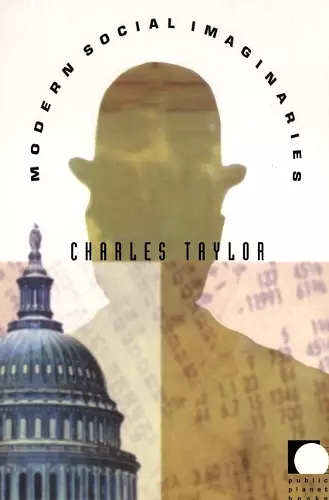Modern Social Imaginaries
Format:Hardback
Publisher:Duke University Press
Published:29th Dec '03
Currently unavailable, and unfortunately no date known when it will be back

One of the most influential philosophers in the English-speaking world, Charles Taylor is internationally renowned for his contributions to political and moral theory, particularly to debates about identity formation, multiculturalism, secularism, and modernity. In Modern Social Imaginaries, Taylor continues his recent reflections on the theme of multiple modernities. To account for the differences among modernities, Taylor sets out his idea of the social imaginary, a broad understanding of the way a given people imagine their collective social life.
Retelling the history of Western modernity, Taylor traces the development of a distinct social imaginary. Animated by the idea of a moral order based on the mutual benefit of equal participants, the Western social imaginary is characterized by three key cultural forms—the economy, the public sphere, and self-governance. Taylor’s account of these cultural formations provides a fresh perspective on how to read the specifics of Western modernity: how we came to imagine society primarily as an economy for exchanging goods and services to promote mutual prosperity, how we began to imagine the public sphere as a metaphorical place for deliberation and discussion among strangers on issues of mutual concern, and how we invented the idea of a self-governing people capable of secular “founding” acts without recourse to transcendent principles. Accessible in length and style, Modern Social Imaginaries offers a clear and concise framework for understanding the structure of modern life in the West and the different forms modernity has taken around the world.
“Charles Taylor presents a fundamental challenge to neoliberal apologists for the new world order—but not only to them. Anyone who wishes, as I do, to defend transcultural political ideals, notions of development, or the like, will have to face his formidable array of hermeneutically inspired reflections on Western modernity’s defining cultural formations. His particular take on the ‘social imaginary’ makes the strongest case there is for the idea of ‘multiple modernities.’”—Thomas McCarthy, Northwestern University
ISBN: 9780822332558
Dimensions: unknown
Weight: 390g
232 pages